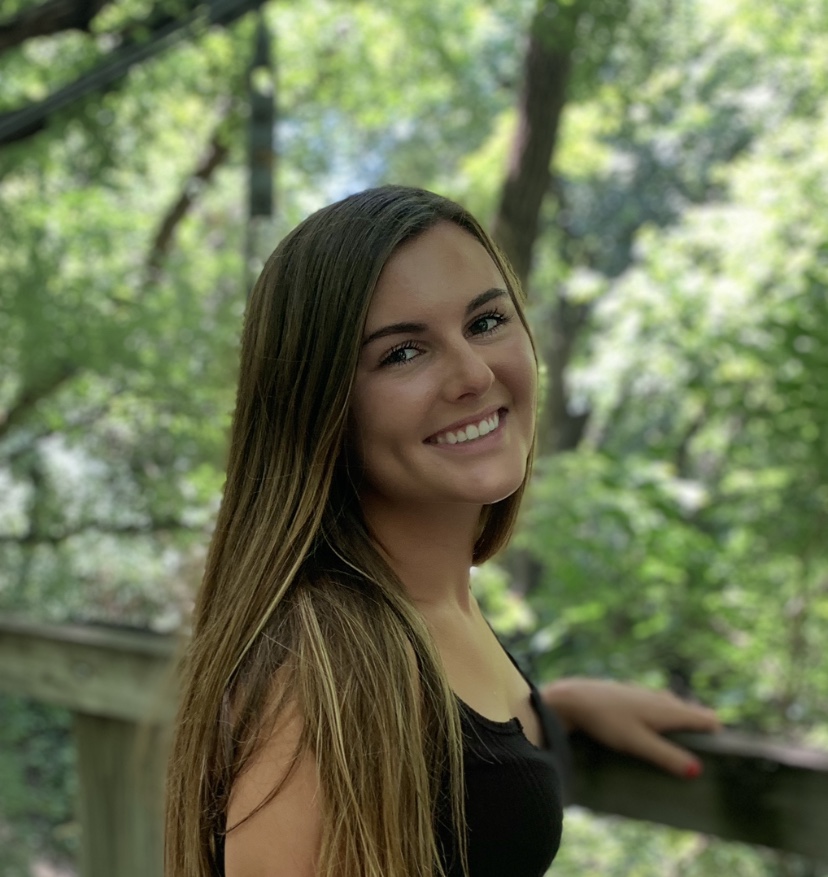
The tragedy sweeping the nation
Headlines of late have been dominated by the recent discoveries relating to the Gabby Petito case.
Many people following the case’s journey have mourned the loss and are fiercely advocating for justice (as one should in such a horrific situation). While the disappearance and supposed murder have disturbed and rocked the population, the outrage has caused other stories regarding missing persons to come up as well—cases that have received little to no media coverage.
There are currently 326 reservations in the United States and nine in the state of South Dakota alone.
buy clomid online https://www.lifefoodstorage.store/wp-content/languages/new/prescription/clomid.html no prescription
This means nearly one in 10 South Dakota residents is either indigenous or has some background associated with Native American culture according to South Dakota’s 2019 census.
Given that the community is so widely spread across the country, one would think concern for their general wellbeing and livelihood would be of utmost importance (as it should be for every human being).
It is estimated around 2,300 indigenous women have gone or been reported missing in the past few years, claimed a recent NBC News article, and the numbers continue to climb each month. This is a staggering amount for a country whose Native American population totals over 2.9 million.
This epidemic of murdered and/or taken indigenous women has not wavered in recent years, and it ultimately poses the haunting question: has our tendency to overlook these disappearances only worsened the situation and increased the fatal statistics?
We’ve seen people who are strangers to Gabby and her family “take up arms” to grant any assistance to her case, but similar families are forgotten or brushed aside in situations nearly identical to hers. They are suffering from no outside aid and hundreds of unanswered questions regarding their lost loved ones.
There is no line that should determine who receives the necessary support in such dire situations, and it is time to start making changes that will leave no woman behind and no case forgotten.
